In today’s fast-paced world, staying on top of our health is more important than ever. One of the most debated and researched topics in the wellness space is the role of vitamins and supplements in supporting overall health and preventing diseases.
Let me tell a personal story first. A few years ago, chronic fatigue and post-workout burnout left me feeling drained daily. A friend versed in Traditional Chinese Medicine (TCM) suggested Cordyceps sinensis, a fungus used for centuries in Tibet and China to boost vitality. I was somehow skeptical but desperate, I purchased cordyceps from iHerb and started adding the powder to my morning tea. Within days, my energy felt steadier—no midday crashes—and my breathing deepened, likely due to its reputation for enhancing oxygen uptake.
After two weeks, my stamina transformed. I breezed through workouts, recovered faster, and even my focus sharpened. Sleep improved, too—I woke up refreshed, not groggy. Research later revealed cordyceps supports mitochondrial function and acts as an adaptogen, easing stress on the body.
My above journey sparked an obsession with understanding in vitamins and supplements. Here’s my reading list that reshaped my perspective in the last years:
What Are The Top Books on Vitamins and Supplements?
The Secrets of Vitamins D3 & K2 That Can Save Your Life, by David Grimes (2025)
This short book goes beyond surface-level explanations, offering a thoughtful and science-driven examination of the synergy between vitamins D3 and K2. It isn’t just a guide to supplementation but a comprehensive exploration of how these nutrients impact immunity, bone health, cardiovascular function, and even cognitive decline. David Grimes brings clarity to the complex mechanisms behind D3 and K2’s effectiveness in disease prevention, weaving together research and clinical insights in a way that challenges conventional medical advice. For anyone seeking to understand how to navigate health in today’s world, this book provides both information and perspective.
What resonated most with me is the way that the author addresses broader issues—questioning why public health policies often lag behind the evidence and how misinformation during global health crises can erode trust. The discussion of D3 and K2’s role in mitigating risks for diseases like COVID-19 and osteoporosis, alongside practical advice on safe and effective dosing, makes this book feel like both a wake-up call and a practical resource.
In my opinion, the author tackles challenging topics head-on, asking critical questions about government health policies and vaccine safety while providing readers with practical information to take charge of their health.
What You Must Know About Vitamins, Minerals, Herbs and So Much More, by Pamela Wartian Smith (2019)
Pamela Wartian Smith has crafted a book that serves as a comprehensive guide for anyone seeking to understand how vitamins, minerals, and herbs can impact their health. I think this book’s strength lies in its structure, which splits the content into two key parts: an in-depth look at individual nutrients and a range of personalized nutritional programs for specific health conditions.
What I found particularly useful is how the book explains the role of nutrients in combating common health issues like diabetes and heart disease. It also offers tips on optimizing nutrient absorption, which I think is a game-changer for anyone trying to get the most out of their supplements. This book feels like having a nutritionist in your pocket, guiding you through the maze of vitamins and minerals.
Dr. Earl Mindell's Vitamin Bible, by Earl Mindell (2021)
This updated edition of a classic book is a treasure trove of information on how vitamins can enhance longevity and overall health. What I liked about Dr. Mindell’s approach is that it’s backed by the latest research, with clear explanations that demystify complex topics like nutraceuticals, homeopathy, and anti-aging supplements.
The book also dives into controversial topics like hormone replacement therapy and natural alternatives, which I found enlightening. It’s perfect for anyone wanting to tailor their supplement routine to their unique lifestyle, health profile, and even career demands. From boosting energy levels to maintaining a youthful appearance, Dr. Mindell’s advice is both practical and actionable.
Vitamins & Supplements For Dummies, by Shelley Weinstock (2025)
If you’re new to the world of vitamins and supplements, this book is a fantastic starting point. Shelley Weinstock does a great job breaking down the science behind key nutrients in a way that’s easy to understand. I think this book’s greatest strength is its practical advice on creating a personalized wellness program based on factors like age, lifestyle, and dietary habits.
The author provides clear guidance on using supplements to address common concerns like memory, mood, and energy. The inclusion of blood tests and diet records as tools to refine your regimen makes this book feel very hands-on. For anyone feeling overwhelmed by the sheer number of options in the supplement aisle, this book provides clarity.
The No-BS Guide to Workout Supplements, by Michael Matthews (2014)
This book takes a no-nonsense approach to the world of workout supplements. I really appreciated Michael Matthews’ honesty in exposing the marketing tricks and false claims of supplement companies. The book is grounded in science, with over 80 citations that back up every claim.
One thing I found particularly helpful was the breakdown of which supplements are genuinely effective for muscle growth and recovery. Matthews also discusses common myths, like the need for constant amino acid drinks, and provides realistic recommendations for maximizing your fitness results. For gym-goers and athletes, this book is a refreshing reality check.
The Complete Guide to Vitamins, Herbs, and Supplements, by Winifred Conkling (2011)
Winifred Conkling’s guide is an A-to-Z encyclopedia of over-the-counter supplements, making it an essential reference book for anyone interested in natural health. What I liked most about this book is its emphasis on safety, with detailed information on drug interactions and proper dosages.
The book’s alphabetical format makes it easy to find specific nutrients or conditions, from vitamin E for heart health to magnesium for migraines. It’s a straightforward, practical resource for anyone looking to understand the benefits and risks of various supplements.
Final Thoughts on Books About Vitamins and Supplements
In my opinion, these books collectively offer something for everyone, no matter if you’re a beginner or a seasoned supplement enthusiast. They tackle important questions about health and wellness, from building a solid nutritional foundation to addressing specific concerns like aging, immunity, or athletic performance.
What I find fascinating is how these books highlight the evolving landscape of nutritional science and the role of vitamins in our daily lives.
Find more health related books in this practical healthcare book list.
My profession is online marketing and development (10+ years experience), check my latest mobile app called Upcoming or my Chrome extensions for ChatGPT. But my real passion is reading books both fiction and non-fiction. I have several favorite authors like James Redfield or Daniel Keyes. If I read a book I always want to find the best part of it, every book has its unique value.










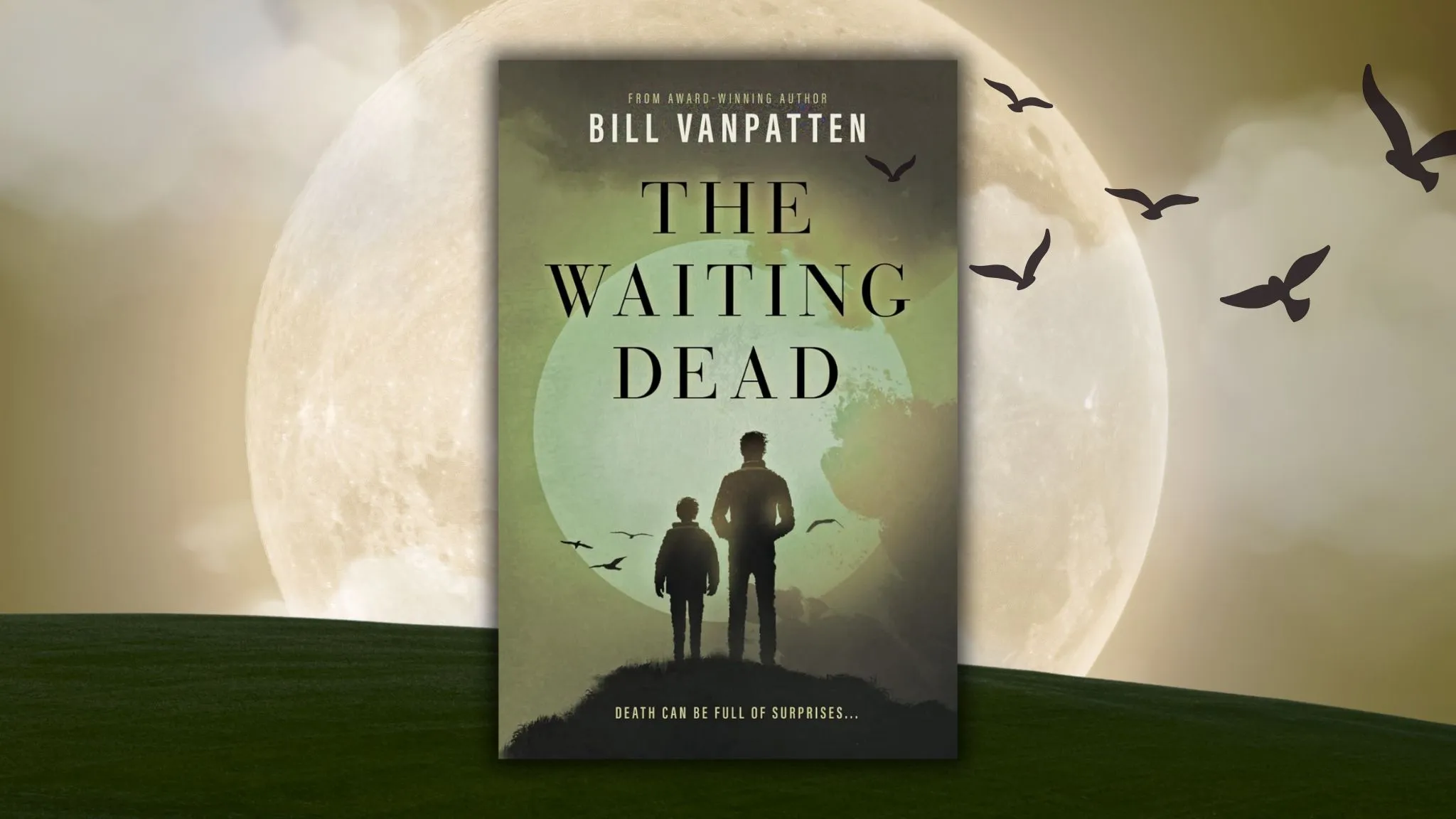
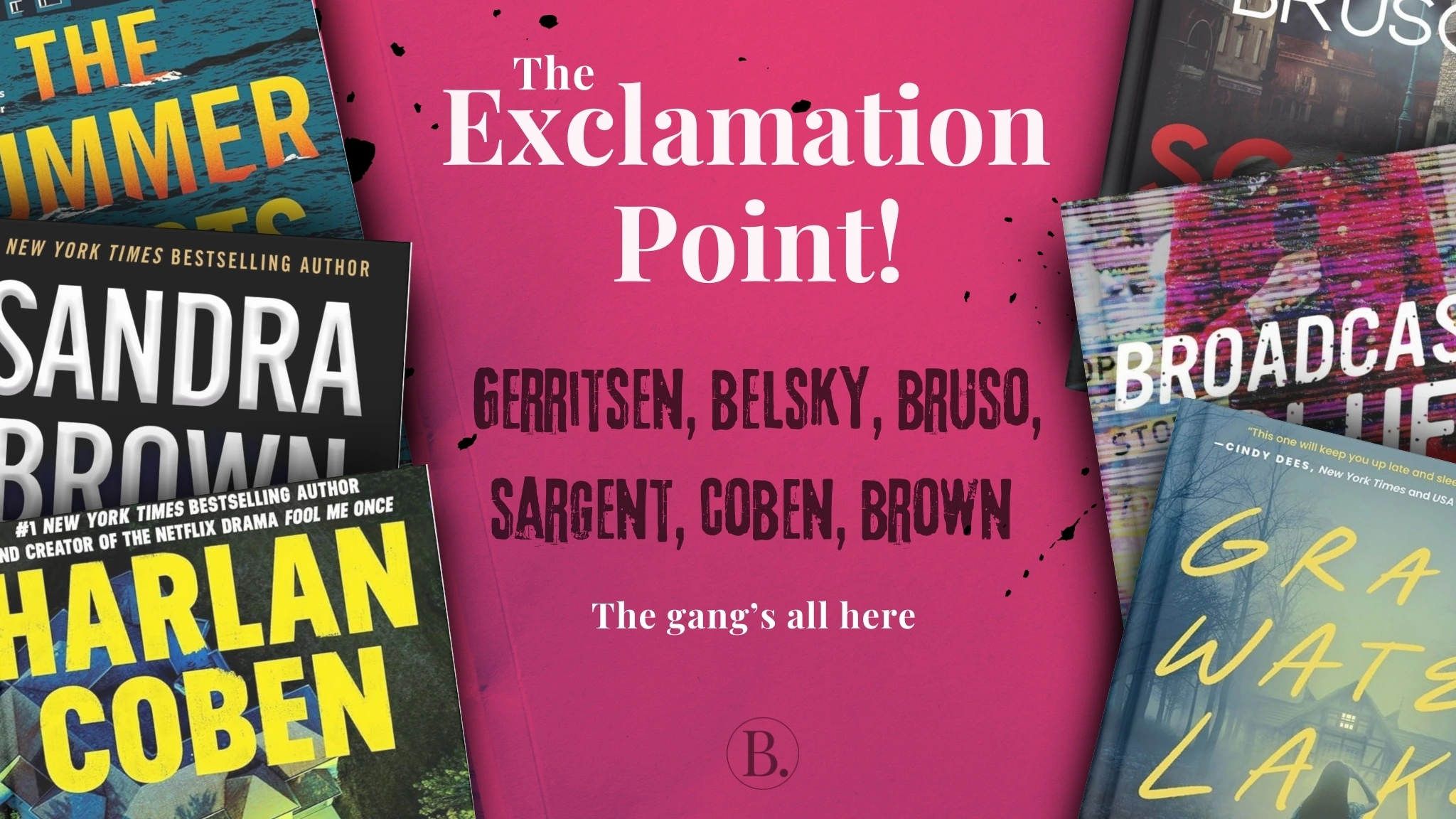
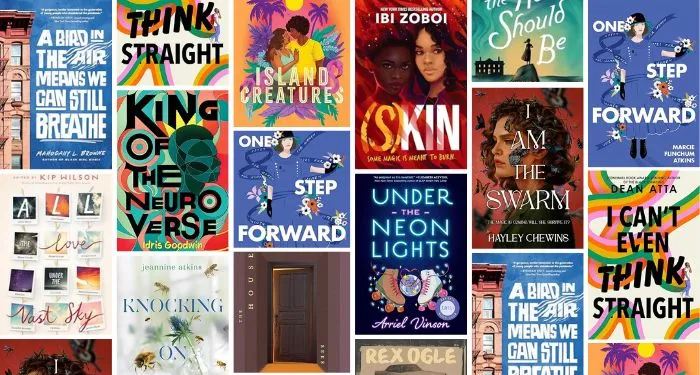





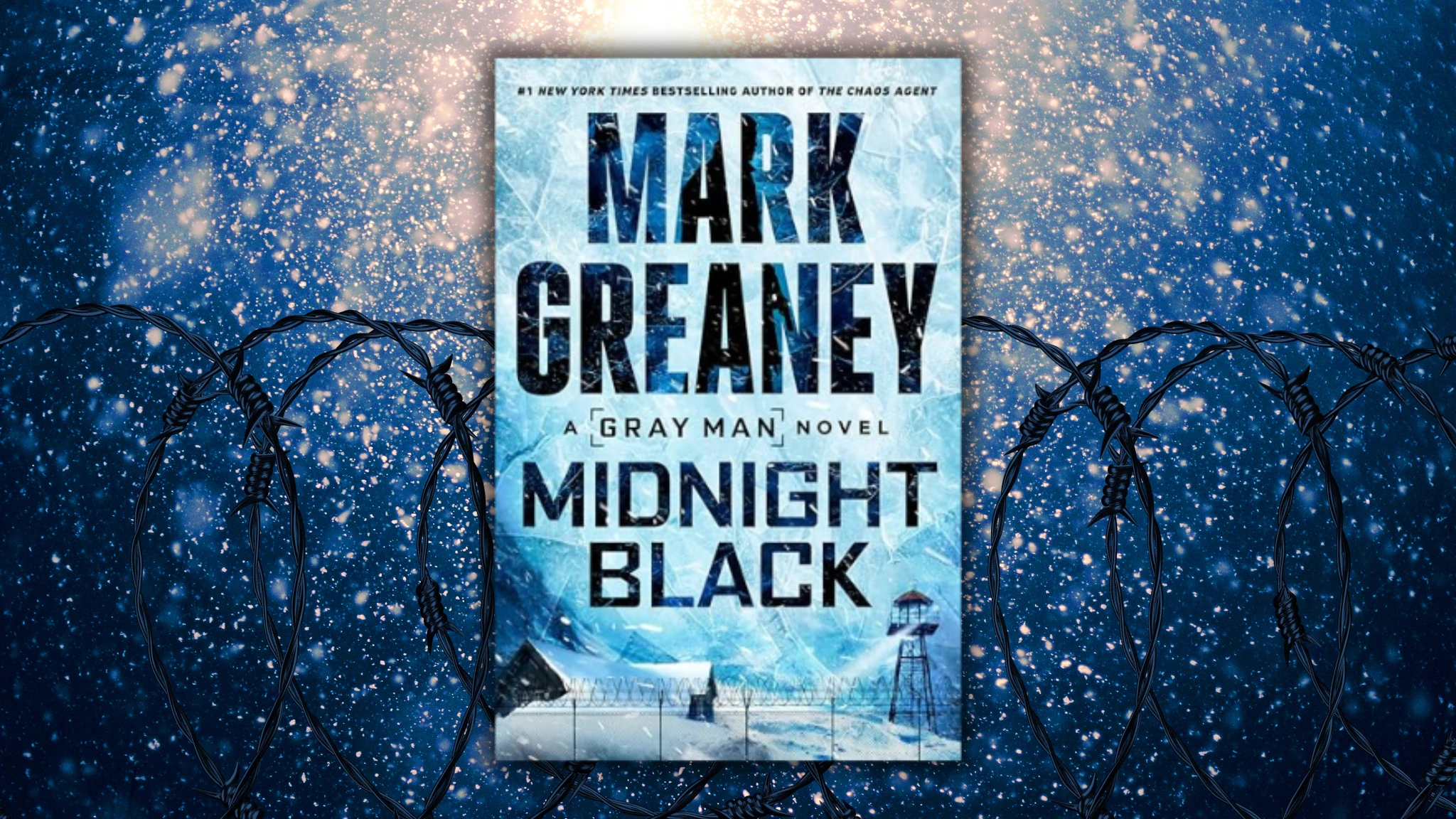





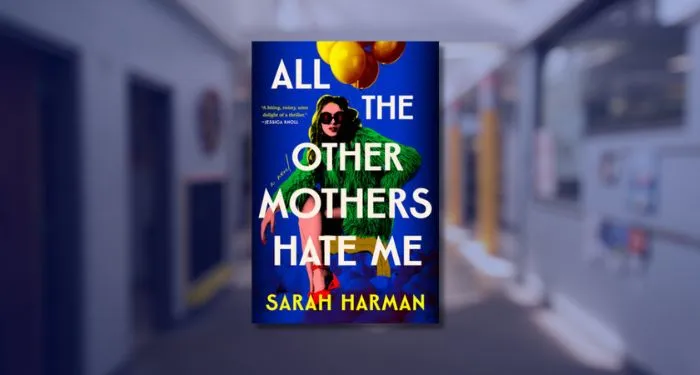
 English (US) ·
English (US) ·